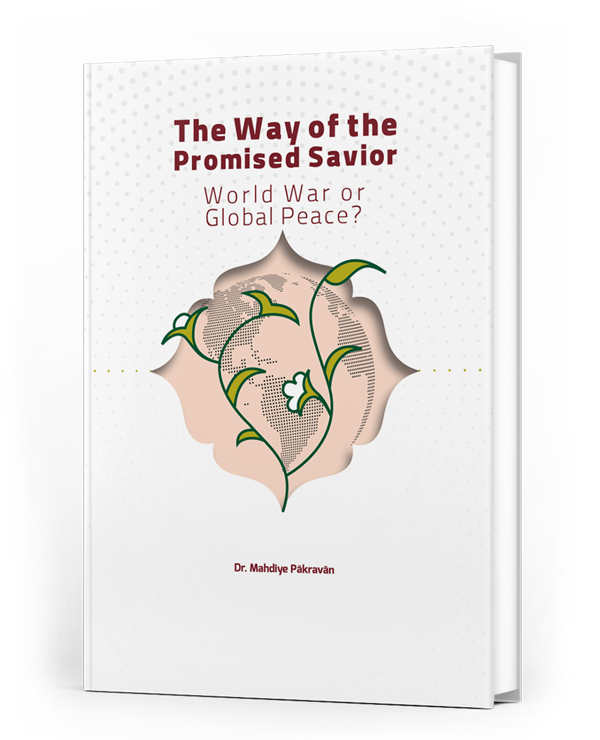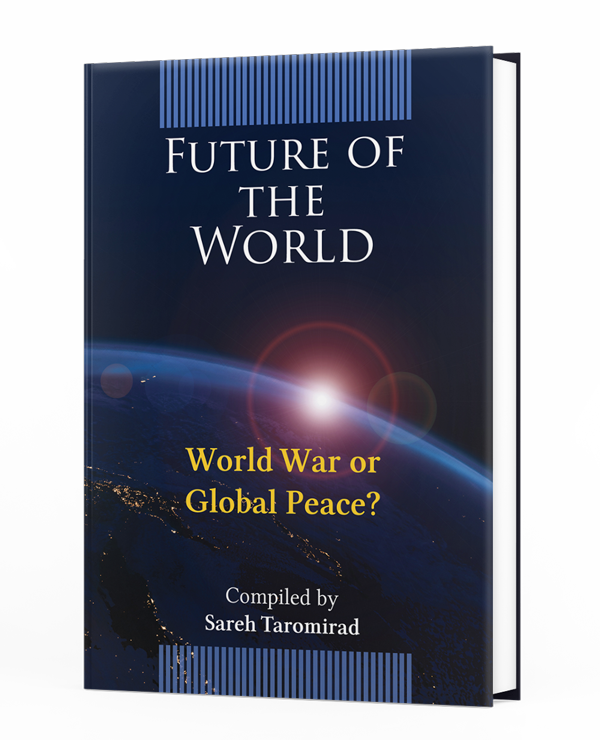The intellectual foundations of this perspective can be summarized as follows:
1. Inherent human dignity; According to this perspective, human beings possess inherent dignity. As stated in Quran Chapter Al-Isra verse 70: “Indeed We have honored the children of Adam”, human nature has dignity regardless of creed, religion, race and gender.
Imam Ali ibn Abi Talib (peace be upon him), the first successor of the Holy Prophet of Islam according to the Shia school of thought, advised his appointed governor – Malik al-Ashtar – to treat all citizens equally regardless of their religious beliefs because they are either his religious brothers or fellow human beings.
“People are of two types; they are either your brothers in faith or your equals in humanity.”
2. The principle of justice; According to the moderate interpretation of Islam, all human beings should be treated with fairness and justice, regardless of their beliefs and religion. Religious and ideological differences do not justify injustice, and even enmity and hostility do not permit oppression and tyranny.
“Indeed, We sent Our messengers with clear proofs and revealed with them the Scripture and the balance that people may maintain [their affairs] in justice.“
(Quran 57:25)
According to this noble verse, every human being should be treated with fairness and justice, without considering their beliefs or other characteristics.
“O you who have faith! Be maintainers, as witnesses for the sake of Allah, of justice, and ill feeling for a people should never lead you to be unfair. Be fair; that is nearer to Godwariness, and be wary of Allah. Allah is indeed well aware of what you do.”
(Quran 5:8)
According to this verse, even enmity is not a license for injustice, let alone irreligion or religious differences!
3. The principle of peace; According to the moderate reading of Islam, peace is the principle, not war. Differences in beliefs do not justify starting wars and conflicts. However, defense is necessary against aggression. Nevertheless, defense should be proportionate to the level of aggression; no more than that.
“If they incline toward peace, then you [too] incline toward it, and put your trust in Allah. Indeed, He is the All-hearing, the All-knowing.”
(Quran 7:61)
“Allah does not forbid you from dealing with kindness and justice with those [polytheists] who did not make war against you on account of religion and did not expel you from your homes. Indeed, Allah loves the just.“
(Quran 60:8)
” …So should anyone aggress against you, assail him in the manner he assailed you…“
(Quran 2:194)
According to the first verse mentioned above, there should always be open arms for peace. According to the second verse mentioned above, mere religious or ideological differences do not justify war or conflict; those who are willing to coexist peacefully should be treated with justice and kindness even if they are disbelievers. And according to the third verse mentioned above, defense should be proportionate to the level of aggression.
The collection of discussions that dear viewers are witnessing here represents the approach of Muslim intellectuals towards human rights based on the third perspective, which is the rationalist Shia perspective and the logical and moderate interpretation of Islam.




